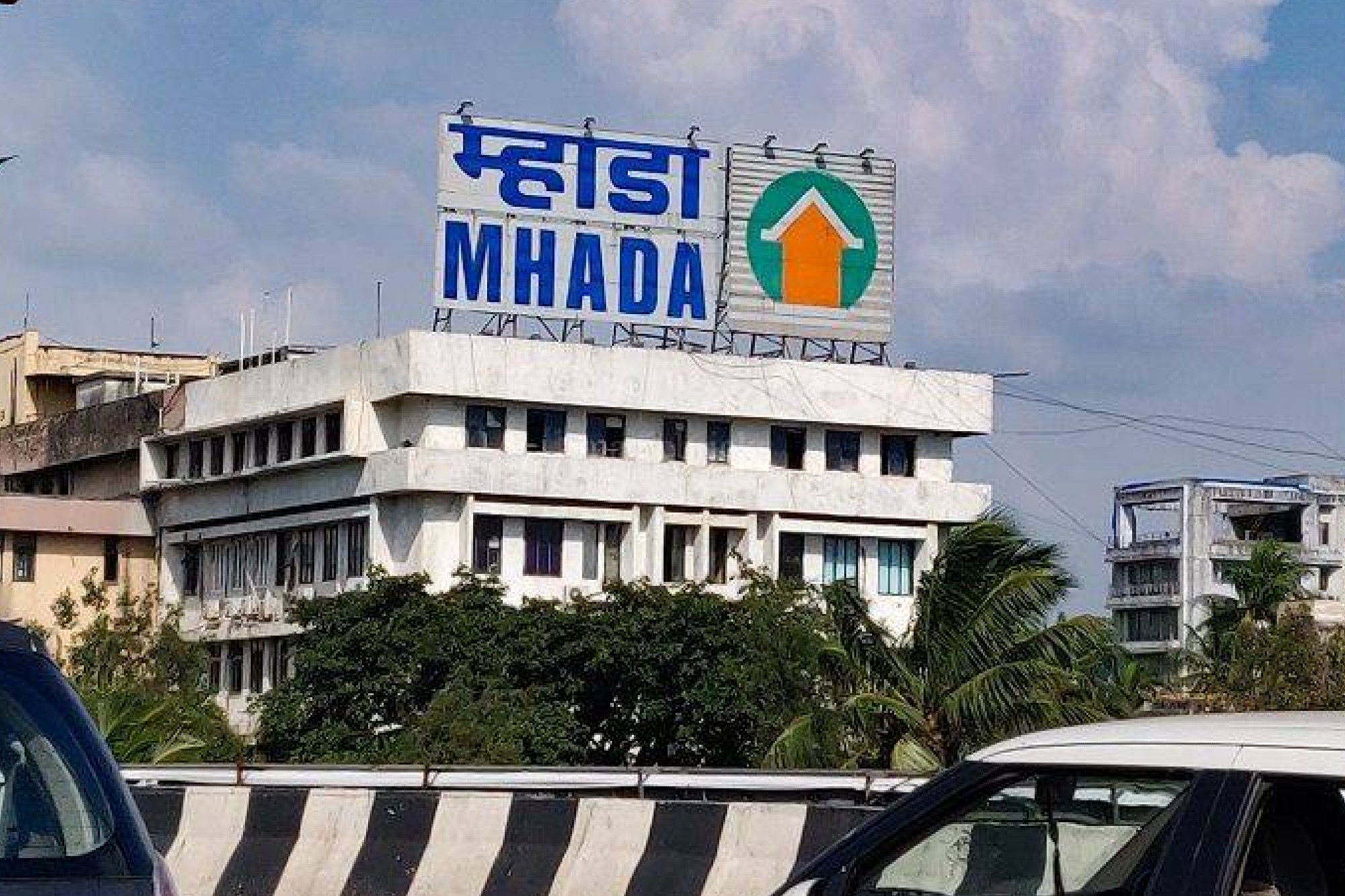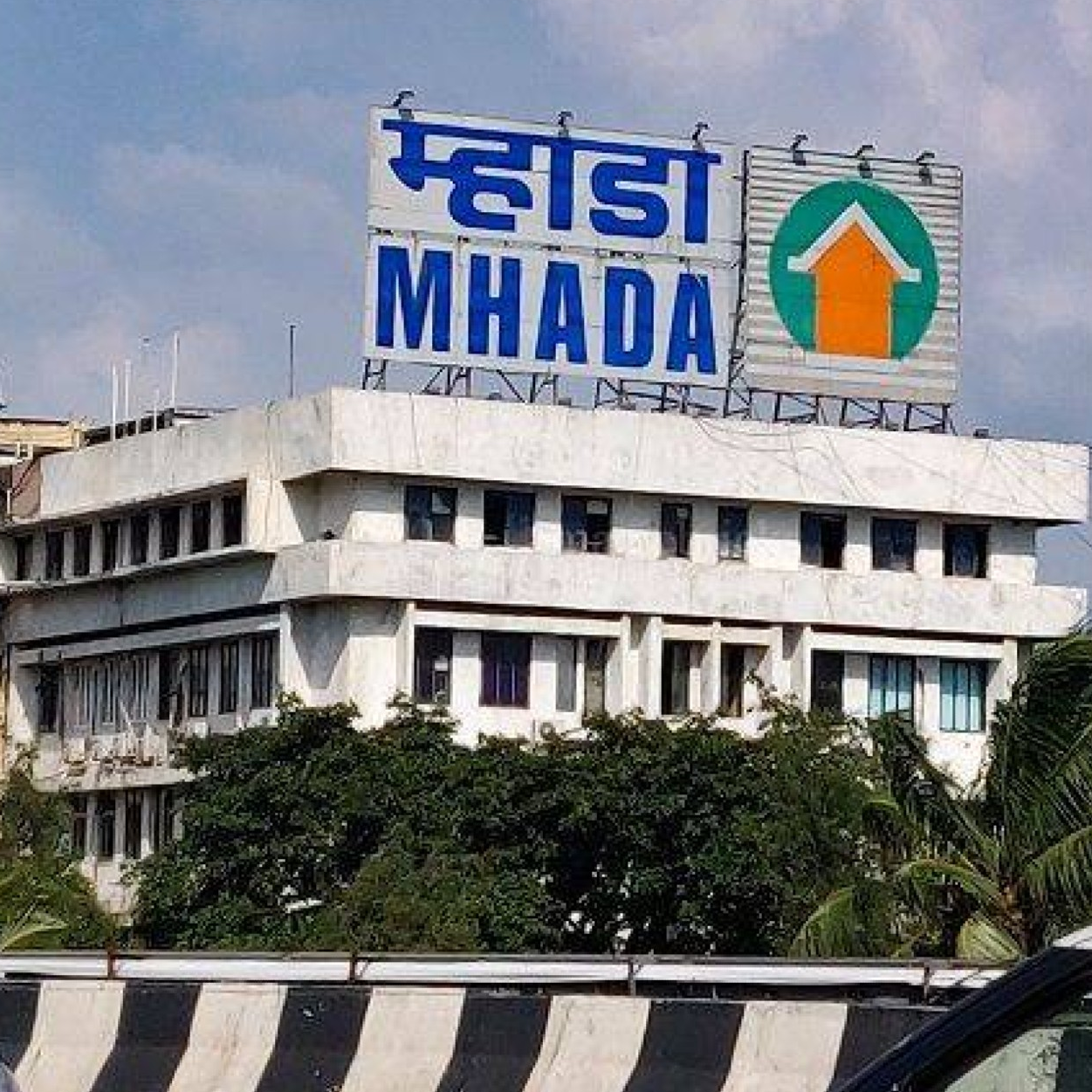
MHADA Tightens Oversight: Slum Improvement Works to Proceed Only at Officially Approved Locations
Mumbai’s slum improvement framework is entering a phase of sharper accountability and administrative discipline, as Maharashtra’s housing authorities move to curb arbitrary interventions by public representatives. This shift highlights the state’s determination to ensure that slum development is executed through structured, transparent, and officially sanctioned processes, strengthening both governance credibility and citizen trust.
The Maharashtra Housing and Area Development Authority (MHADA) has clarified that all slum improvement works will be undertaken strictly at locations approved by the District Planning Committee and relevant municipal systems. The decision comes with clear administrative backing, with IAS Sanjeev Jaiswal playing a key role in reinforcing compliance and preventing unauthorized execution of works across Mumbai’s urban settlements.
A Structured Approach to Slum Improvement
Slum improvement projects in Mumbai typically include essential upgrades such as sanitation blocks, water access points, drainage systems, safety installations, pathways, and community spaces. These works fall under MHADA’s Slum Improvement Board, which approves proposals based on priority, feasibility, and verified requirements submitted through appropriate government channels.
However, recent concerns have surfaced over public representatives, across various roles, seeking improvements or modifications at locations based on personal preference or political influence. MHADA’s directive now establishes a firm boundary: only works approved through official mechanisms will be executed, ensuring that resources are not diverted or misused.
This prevents any single office-bearer from exerting undue influence and ensures that the needs of local communities, rather than political convenience, shape the project pipeline.
Why MHADA’s Check Was Necessary
The emphasis on preventing arbitrary changes stems from recurring patterns observed across several slum clusters. There have been instances where proposals were shifted to new locations at the last minute, where requests bypassed essential technical inspections, or where works were pushed forward simply to satisfy political agendas. These interventions not only disrupted planned workflows but also diluted the integrity of public spending and delayed upgrades that residents had been waiting for.
Slum improvement requires carefully calibrated planning, particularly in high-density areas where safety, layout limitations, and infrastructural vulnerabilities must be addressed with precision. Any deviation without proper approval can compromise the quality of work, extend project timelines, and erode public confidence. MHADA’s strengthened oversight responds directly to these challenges.
Ensuring Fairness and Transparency in Project Selection
Mumbai’s slum improvement system relies on a structured methodology that involves ground surveys, need assessments, feasibility studies, cost estimations, and consultations with local resident groups. These processes ensure that every sanctioned upgrade reflects genuine community requirements, whether for sanitation, water supply, mobility infrastructure, or basic safety enhancements.
By insisting that slum improvement works remain tied to officially approved locations, MHADA is reinforcing fairness across neighbourhoods. This prevents the shifting of works to politically favoured zones, ensuring that no community is deprived of improvements due to external pressures. The directive balances equity with administrative order, ensuring that public funds produce tangible and meaningful results.
Preventing Irregularities and Protecting Public Funds
Financial responsibility is a cornerstone of the improved system. MHADA has highlighted that only institutions with clean administrative records, free of irregularities and non-compliance, will be considered for project partnerships.
This decision protects public funds from misuse and ensures that taxpayer resources contribute to sustainable, high-quality infrastructure. It also sends a clear message: slum improvement cannot become a channel for informal influence or opportunistic control.
A Clear Warning for Unauthorized Works
MHADA has laid out its stance unequivocally: If an improvement work has been approved at a specific location, it must be executed only there.
If a representative does not want the sanctioned work to proceed in that location, MHADA will not automatically shift it elsewhere. Instead, the work may be cancelled altogether if the alternative location lacks formal approval.
This rule is designed to eliminate the practice of shifting works after sanctioning, often done for political visibility or convenience. By preventing such shifts, MHADA reinforces consistency, fairness, and administrative order.
Relief for Citizens: Reduced Interference and Fewer Irregularities
For many residents in slum clusters, repeated delays stem from conflicting demands by multiple stakeholders rather than slow administrative machinery. Attempts to shift locations or alter sanctioned works often cause projects to stall indefinitely. The new MHADA directive aims to reduce such interference and ensure that slum improvement progresses without unnecessary roadblocks.
The approach enhances clarity and responsibility across the system, reduces irregularities, protects residents from potential exploitation, and strengthens the credibility of ongoing slum development efforts. Citizens can expect more predictable timelines and better infrastructure as a result.
Verified Information: Use Only Official Channels
MHADA has reiterated the importance of relying exclusively on official sources for information and registration related to slum improvement or redevelopment projects. Residents should refer only to:
https://mhada.gov.in/
https://lottery.mhada.gov.in
No private website, agent, or video is authorized to register individuals or collect payments. Any request for money outside these official portals is not just misleading—it is illegal. This advisory is crucial to protect vulnerable communities from fraud and ensure that all procedures remain transparent and trustworthy.
A Step Toward More Accountable Urban Governance
Mumbai’s slum improvement landscape is complex, dynamic, and deeply tied to the lived experiences of millions of residents. With MHADA’s reinforced oversight, the system now prioritizes rule-based execution over individual influence.
By ensuring that only approved works move forward, and by blocking unauthorized attempts to alter them, the state is building a more disciplined, transparent, and community-centric approach to urban improvement.


